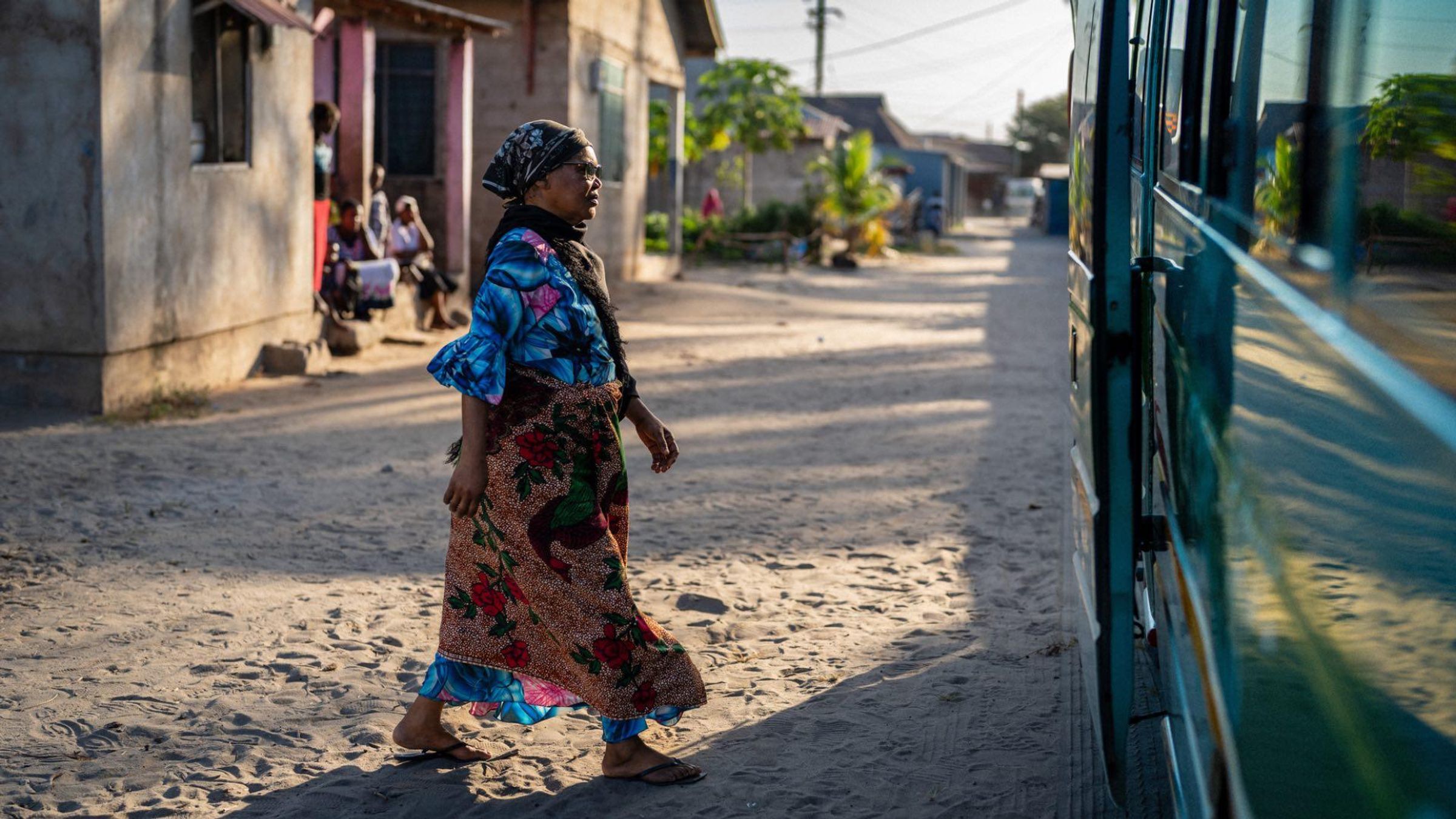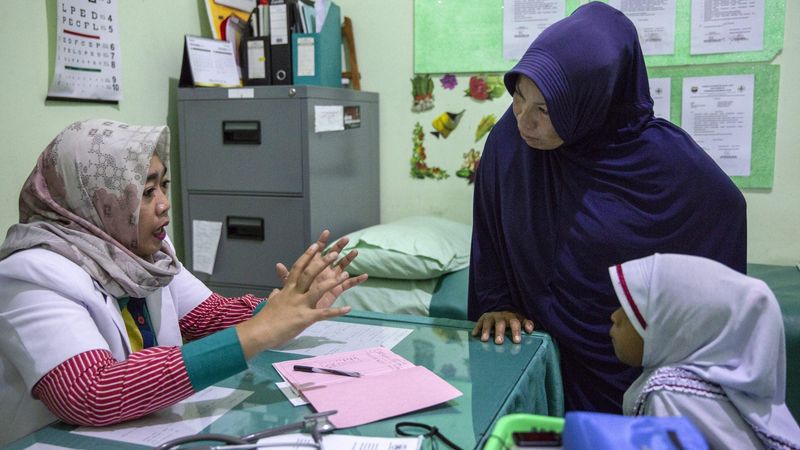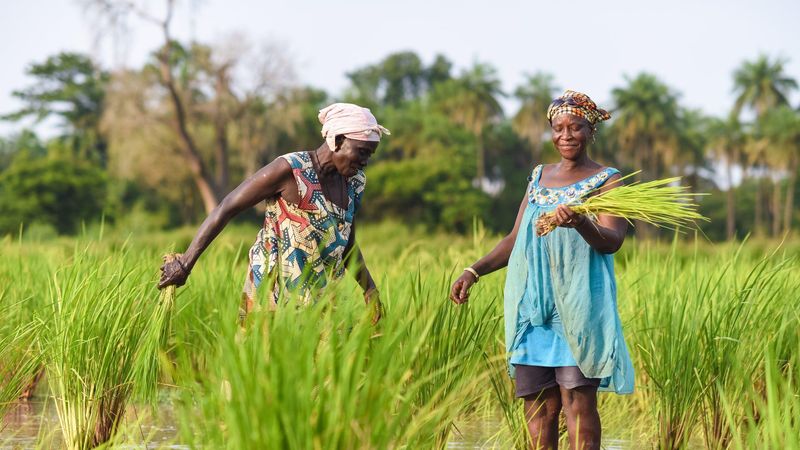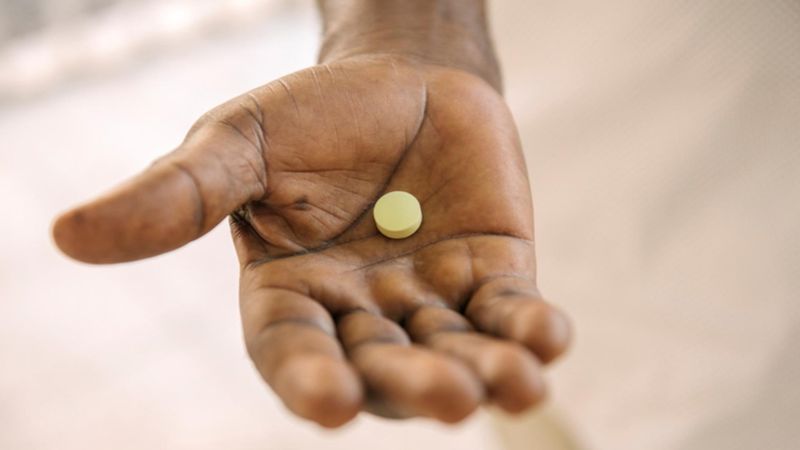Foundation S strives to create healthier futures for generations to come
We are driven by a singular purpose: to improve the lives of vulnerable populations by catalyzing community–based solutions, expanding access to medicines, and mobilizing collective action.
Since our launch in 2022, we have made bold strides in helping to address some of the biggest global health crisis, particularly for those living in low - and middle-income communities. With a focus on four key commitment areas, our vision is to improve the lives of vulnerable people by listening to those on the frontlines, supporting community-based solutions, and strengthening community health resilience for future generations.
Our Approach
Empowering
Empowering communities through locally led programming, strengthening community capacity, building long-term resilience, and driving global change.
Continuous Learning
By adopting a comprehensive approach to assess our impact, Foundation S is dedicated to continuous learning and strategy refinement.
Evidence-based
This approach highlights our commitment to evidence-based decision-making and achieving tangible, positive outcomes in line with our mission to improve the lives of vulnerable communities.
Us in Numbers
116
active programs
Our Footprint
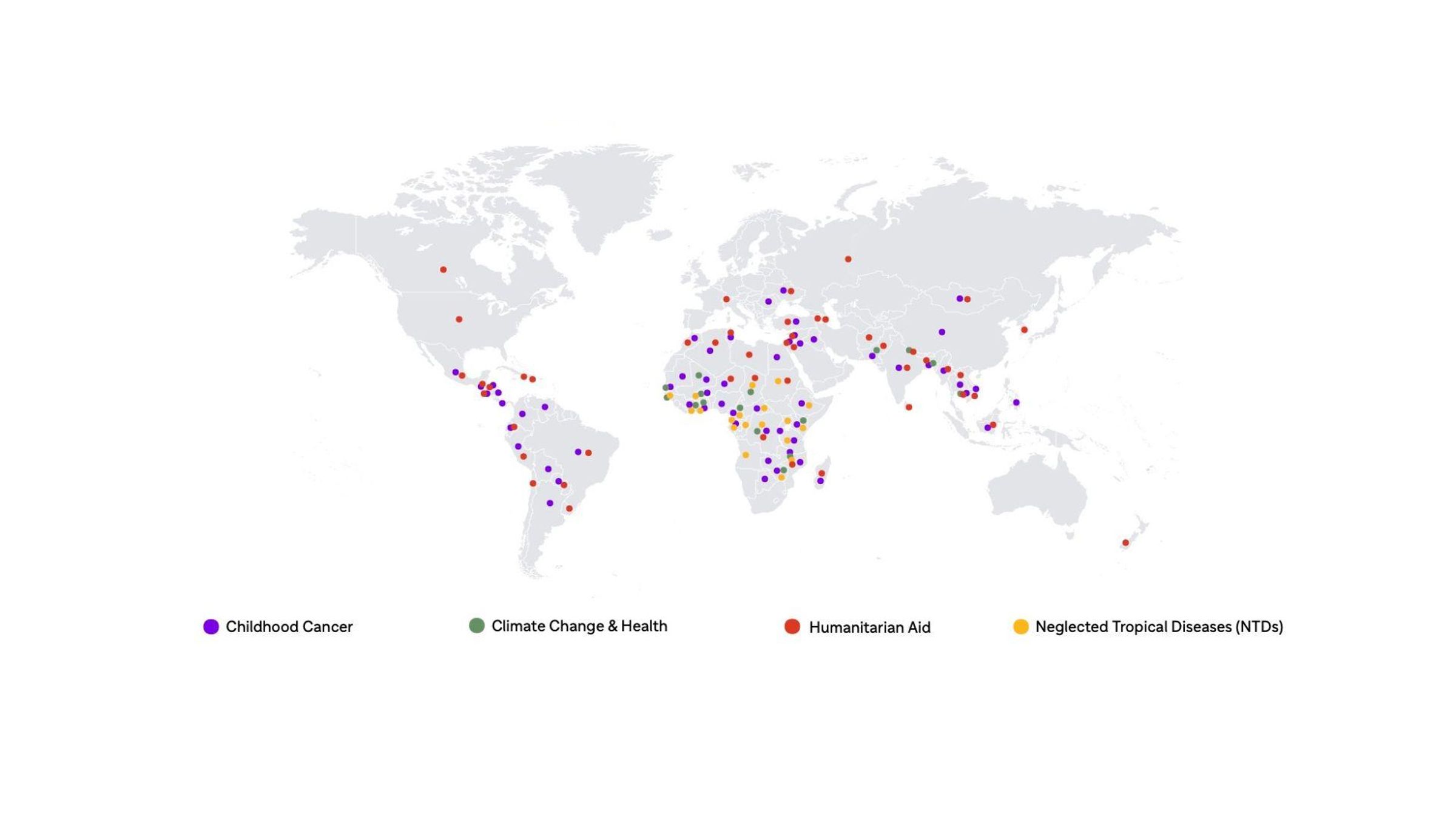
Our Team

Vanina Laurent-Ledru
Director General, Foundation S
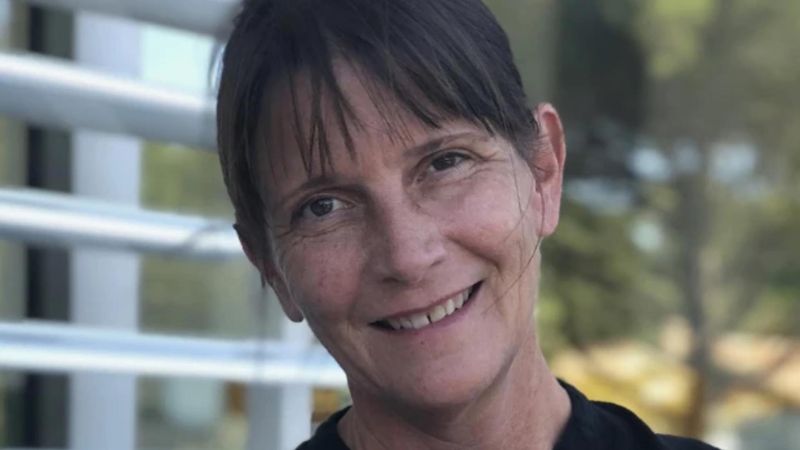
Céline Beauchard
Project Leader, Sleeping Sickness
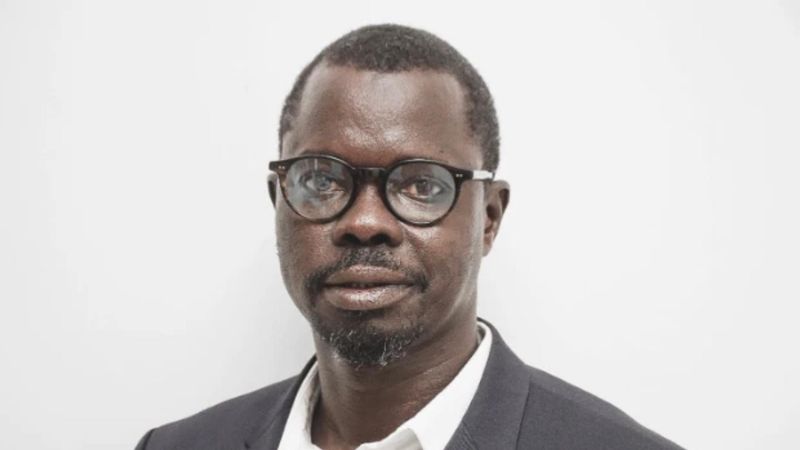
Daouda Diouf
Head of Climate Action & Health Resilience
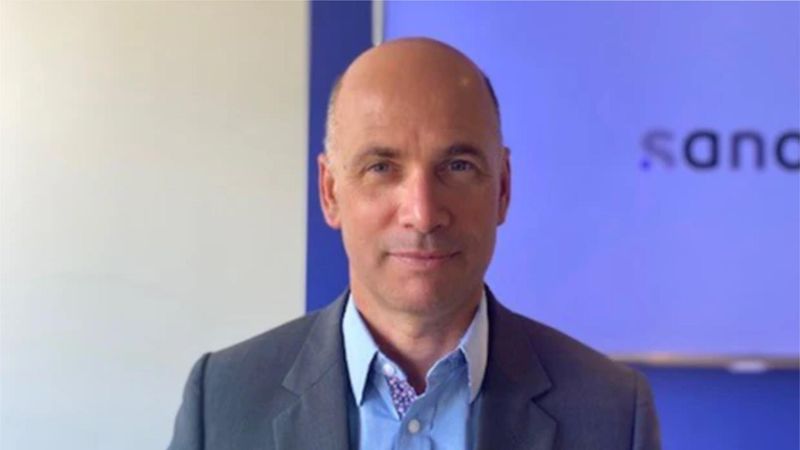
Aurélien Hubert
Head of Humanitarian Aid & Medicine Donations
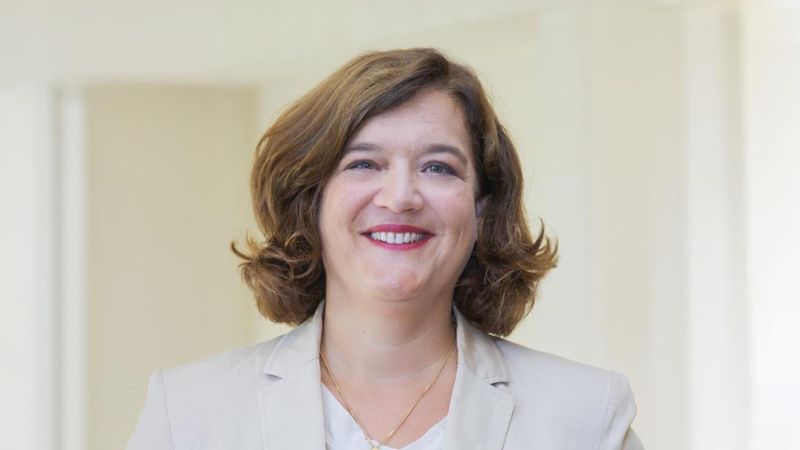
Juliette Magd
Grants & Partnerships Excellence Lead
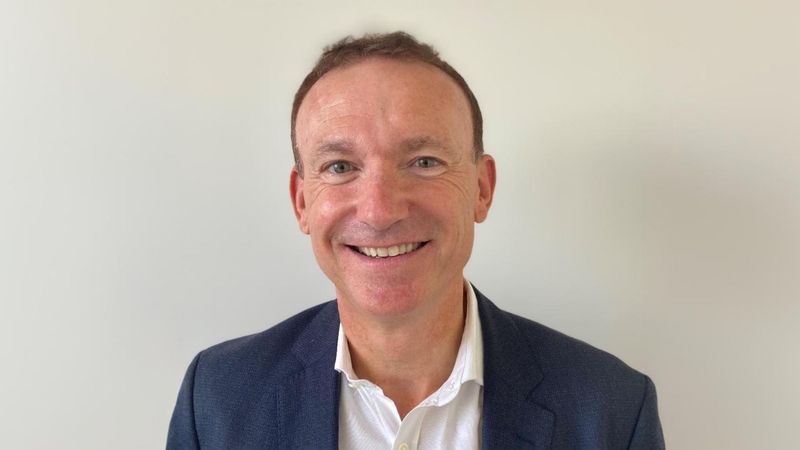
Philippe Neau
Head of Neglected Tropical Diseases
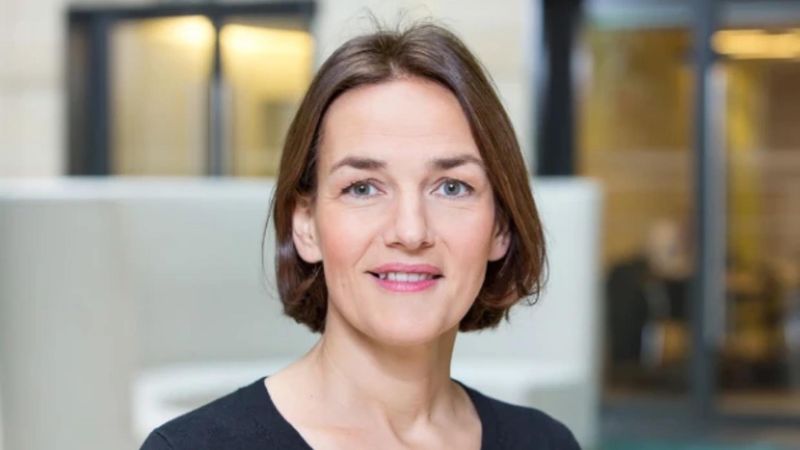
Isabelle Villadary
Head of Childhood Cancer
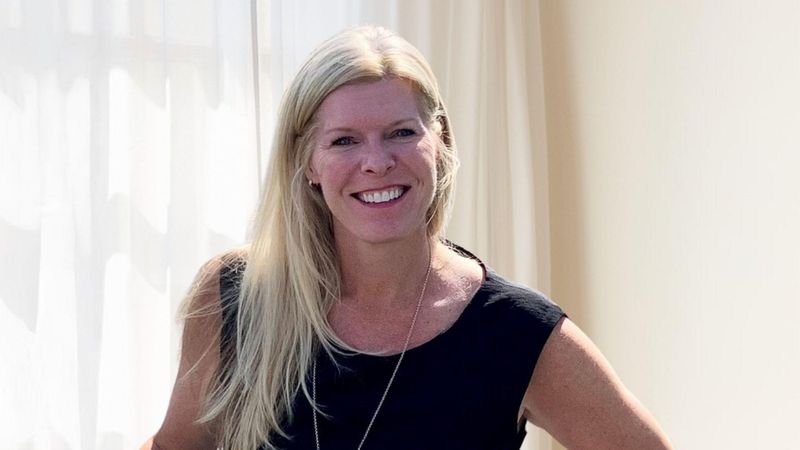
Bonnie Anderson
Head, Specialty Care Humanitarian Programs
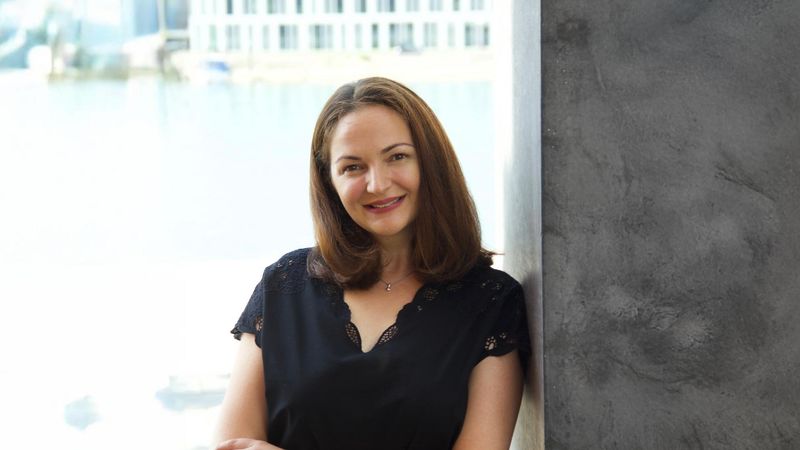
Jasmina Ahrens
Global Lead, Humanitarian Operations for Rare Humanitarian Programs

Gregory Fagan
Director of Humanitarian Program Strategy & Performance Management

Edna Benitez
Operations & Systems Specialist
Our Board
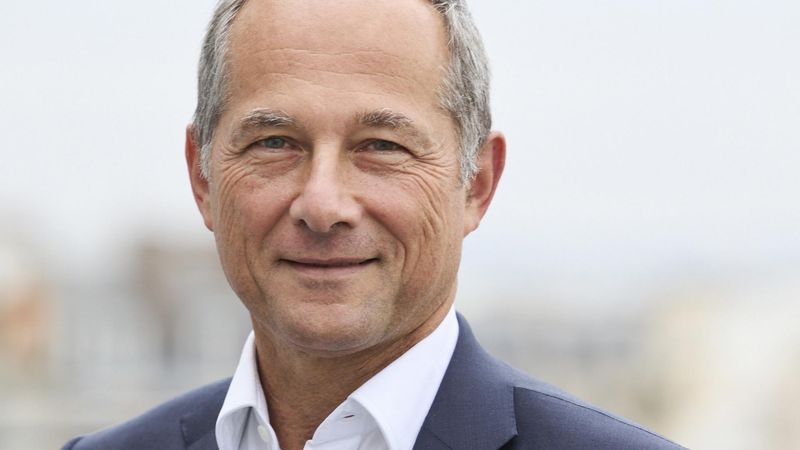
Frédéric Oudéa
Chairman of the Board of Directors, Foundation S & Sanofi
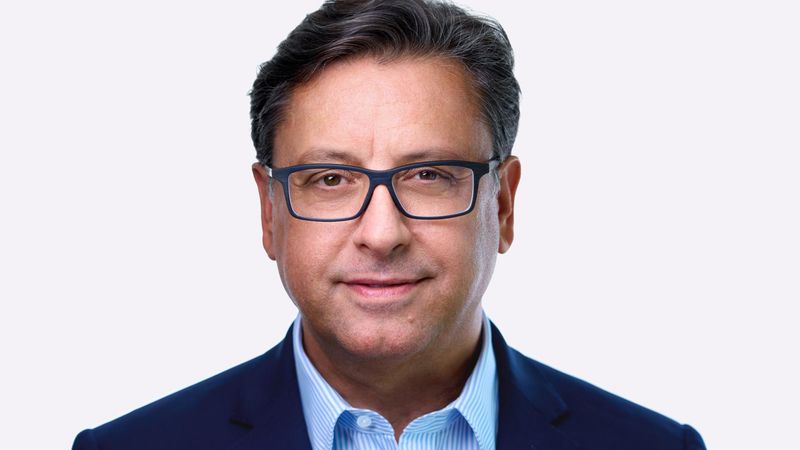
Paul Hudson
Member of the Board, Foundation S & Chief Executive Officer, Sanofi
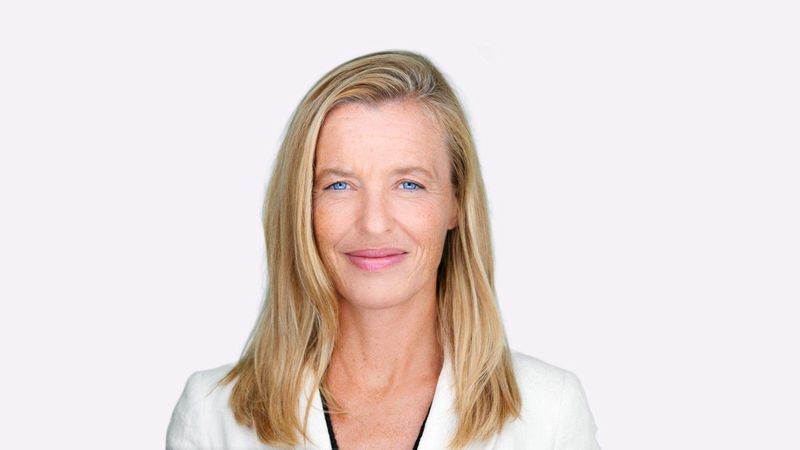
Audrey Duval
Member of the Board of Directors of Foundation S, Executive Vice President, Corporate Affairs, Sanofi
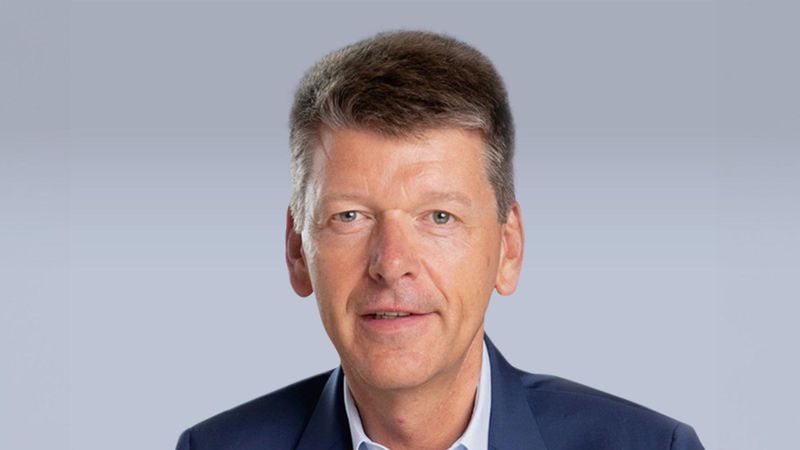
François Roger
Member of the Board of Directors of Foundation S, Executive Vice President, Chief Financial Officer, Sanofi
